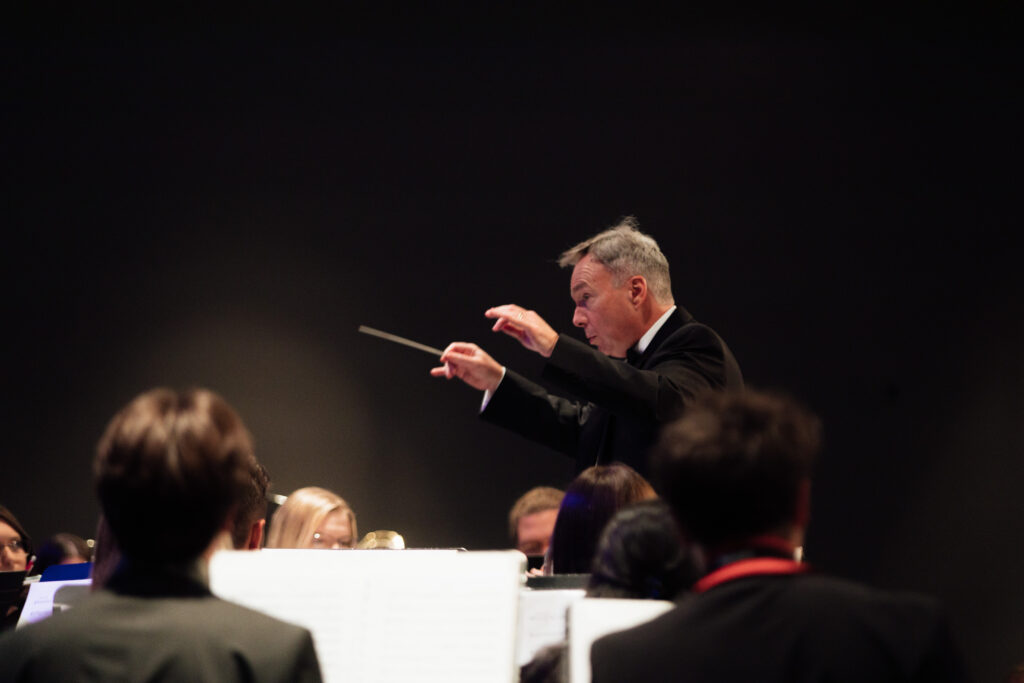Q&A with UM Marriage & Family Counseling Prof Glenn Hollingsworth
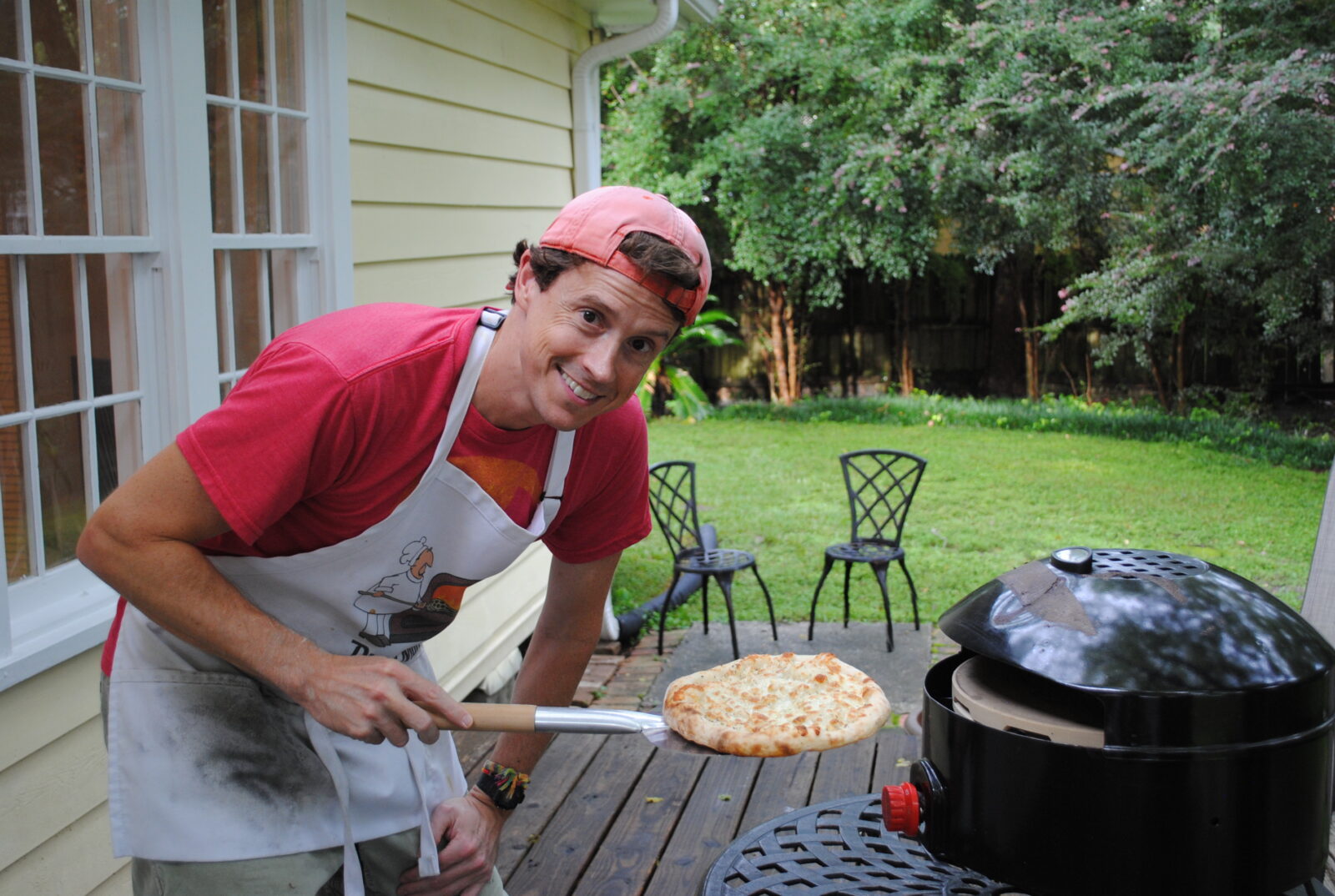
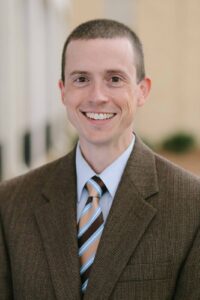 Leading campus ministry in South Carolina and Russia. Working in a faith-based treatment center in Arkansas to help young men struggling with substance and process addictions. Serving veterans at Veterans Recovery Resources, a local outpatient clinic. Wherever he is, Dr. Glenn Hollingsworth is building relationships that heal.
Leading campus ministry in South Carolina and Russia. Working in a faith-based treatment center in Arkansas to help young men struggling with substance and process addictions. Serving veterans at Veterans Recovery Resources, a local outpatient clinic. Wherever he is, Dr. Glenn Hollingsworth is building relationships that heal.
Now, Hollingsworth teaches students to do the same through the Master of Arts in Marriage and Family Counseling program in the University of Mobile College of Arts and Sciences. With degrees in marriage and family therapy, theological studies, and human development, combined with a heart for serving others, this professor prepares UM graduate students to fulfill their professional calling.
We talked with Dr. Hollingsworth about the field of marriage and family counseling, his interest in serving the military community, and the joy of a made-from-scratch pizza.
Q: Your dissertation was about military family reintegration. What drew your interest to that area of study?
A: Honestly, I initially went with strategy over passion. My curiosity seems to know no limits, so nailing down a dissertation topic was a struggle. I happened to work in a research lab at Virginia Tech whose primary task, among other things, was program evaluation for Operation Military Kids, which was created to provide support to geographically-dispersed children experiencing a parent’s deployment.
Among our more fun responsibilities was to visit OMK camps for military kids around the country and conduct focus groups around their experience of deployment and their military parent’s return to the home. I was so struck by the stories these kids and their parents told of both pain and resilience as they managed to do life with a mom or dad on the other side of the world and in harm’s way.
When our lab was later tasked to conduct an assessment of how these families were faring overall, I jumped at the opportunity to get a couple measures related to boundaries, roles, family functioning, and so forth added to the overall survey. So the dissertation emerged from the generous contributions of hundreds of service members and their spouses/partners, and I remain grateful for them to this day.
I am fortunate as a civilian that I get to continue to be connected to the military community through my clinical work with Veterans Recovery Resources, a local non-profit outpatient clinic (with a residential facility in the works) that grew out of the need to fill some of the gaps in veteran care on the Gulf Coast.
Q: Why should someone choose to study Marriage & Family Counseling at the University of Mobile?
A: Our program is unique in lower Alabama as it’s the only one to my knowledge whose graduates can pursue either (or both) the Licensed Professional Counselor and Licensed Marriage and Family Therapist credentials after graduation and receive this education in a faith-based environment. Moreover, the courses are in the evening to allow for students of all ages to maintain much of their existing work schedule. Perhaps most importantly, given that the focus of a counseling program is really on what it means to be human and how to live well, even if a student never does another counseling session and goes into a different field entirely after graduation, he or she will still have benefited from an intensely personal and relationship-building experience that will continue to bear fruit for a lifetime.
Q: What is your favorite class to teach?
A: I have a number of favorites, all for different reasons, so that’s a hard question. I teach courses that focus on relational or family systems approaches to therapy, which includes traditional and more contemporary, evidence-based models of individual, couple, and family work. In these, we read about various approaches, watch recordings of master therapists, and practice the skills ourselves. I recently developed a trauma course which has been a useful addition to the program. I also alternate teaching the research course with my colleague, which I run more like a workshop, so it’s hands-on and, because I’m a nerd, a lot of fun. And of course I provide clinical supervision of our students who are in practicum and internship, which is probably my favorite thing to do here because I get to see folks make the transition from being merely good at giving advice to being expertly compassionate, curious and competent.
My favorite class, however, just might be ethics, where we get to bring faith, philosophy, culture, politics, law and clinical practice together in provocative and challenging ways. One characteristic of successful therapists is the ability to tolerate ambiguity, and plenty of ambiguity gets served up when we’re talking about ethics, where decisions aren’t often defined by a clear right and wrong, but instead require a heart of wisdom and discernment of multiple and often competing perspectives. I love seeing students wrestle with this material and ultimately gain confidence in their ability to faithfully navigate tricky situations.
Q: We say UM is a place where students can “Know and Be Known.” What does that mean to you?
A: An adventure therapist with whom I used to work would ask our adolescent male clients, “What’s the secret to life?” After a long dramatic pause, he’d say one word, “relationships.” Knowing and being known ties together the heart of the Christian faith and the incarnationally-driven therapeutic endeavor wherein risks are taken, vulnerability is embraced, and both therapist and client(s) grow as a result. And because of this highly personal nature of the counseling relationship, our program places a premium on the development of the “self of the therapist.” I try to model humility and transparency, and expect students to do the same.
Q: What are some of your hobbies? What do you enjoy about them?
A: In addition to my wife and kids, three things keep me sane and grounded. Having spent many afternoons as an 8-year-old with the original, side-scrolling classic, Super Mario Brothers, I really appreciate the immersive experience of open-world, non-linear video games, though I usually just save this for the weekends once the kids are in bed.
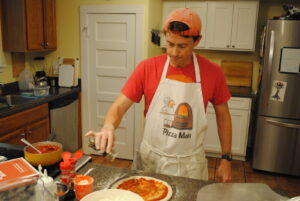 And what goes better with videogames than pizza? I started making pizza from scratch a few years ago, and ramped up my efforts once we got a little propane-powered pizza oven. On top of it being delicious, I appreciate the varied sensory experience of making and handling the dough, the closure that the process gives me in seeing something brought to completion, and finally the satisfaction on the faces of even the pickiest eaters in my family.
And what goes better with videogames than pizza? I started making pizza from scratch a few years ago, and ramped up my efforts once we got a little propane-powered pizza oven. On top of it being delicious, I appreciate the varied sensory experience of making and handling the dough, the closure that the process gives me in seeing something brought to completion, and finally the satisfaction on the faces of even the pickiest eaters in my family.
Lastly, and in part because of the aforementioned pizza, I run. This helps me get out of my head and into my body, and so it’s like an active meditation, except when I’m yelling at cars who don’t use turn signals. My running might also mean I like suffering, because it ain’t easy running in Mobile in the summer, but that’s a necessary part of life too, learning how to suffer well.
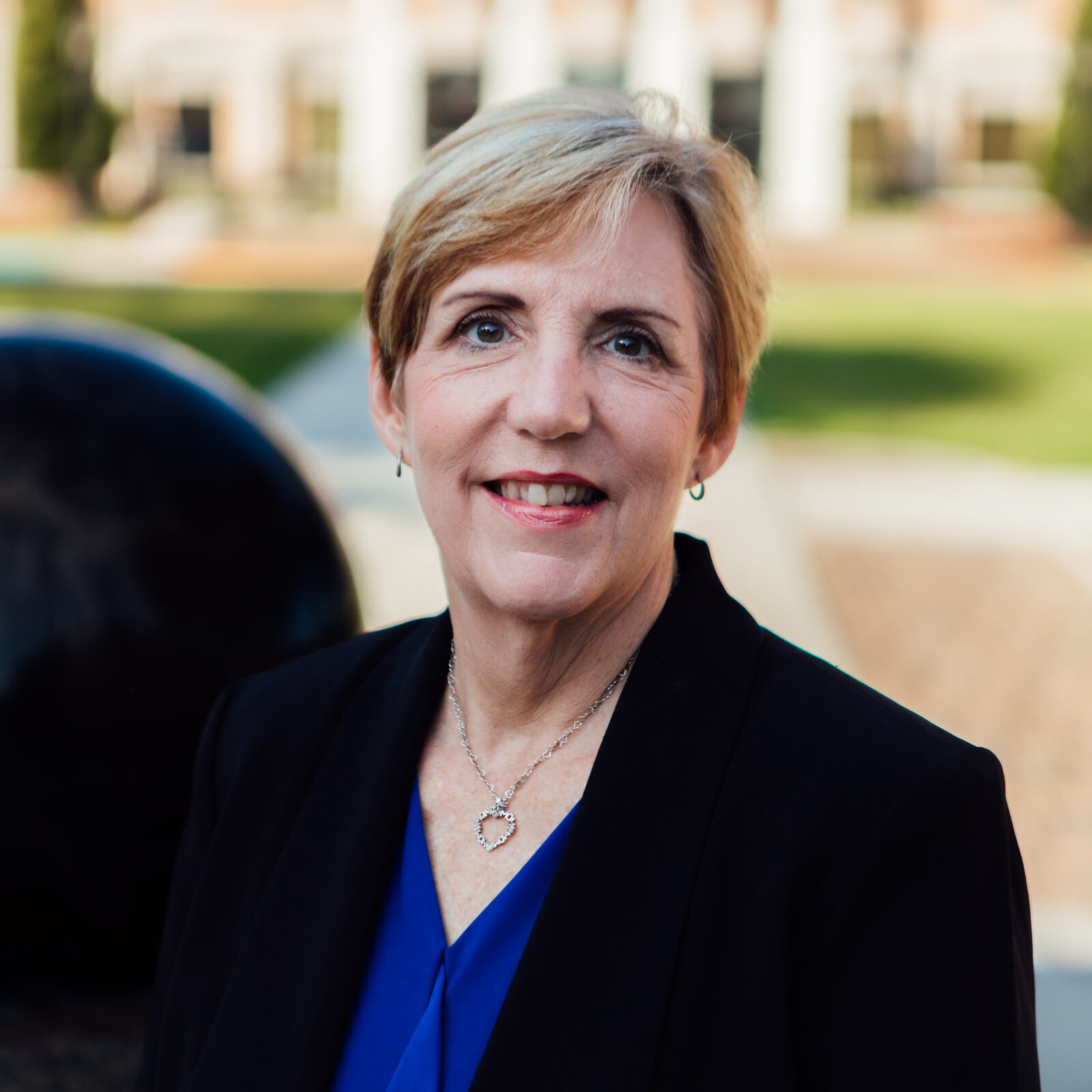
Kathy Dean uses her passion for storytelling and “playing with words” to share the stories of people, place and purpose that make the University of Mobile unique. As associate vice president for university communications, she manages media relations, edits the TorchLight alumni magazine, and oversees university communications. A former award-winning journalist, she is a two-time recipient of the Baptist Communicators Association grand prize for feature writing. Kathy and her husband, Chuck, live with three extremely loud miniature schnauzers.

